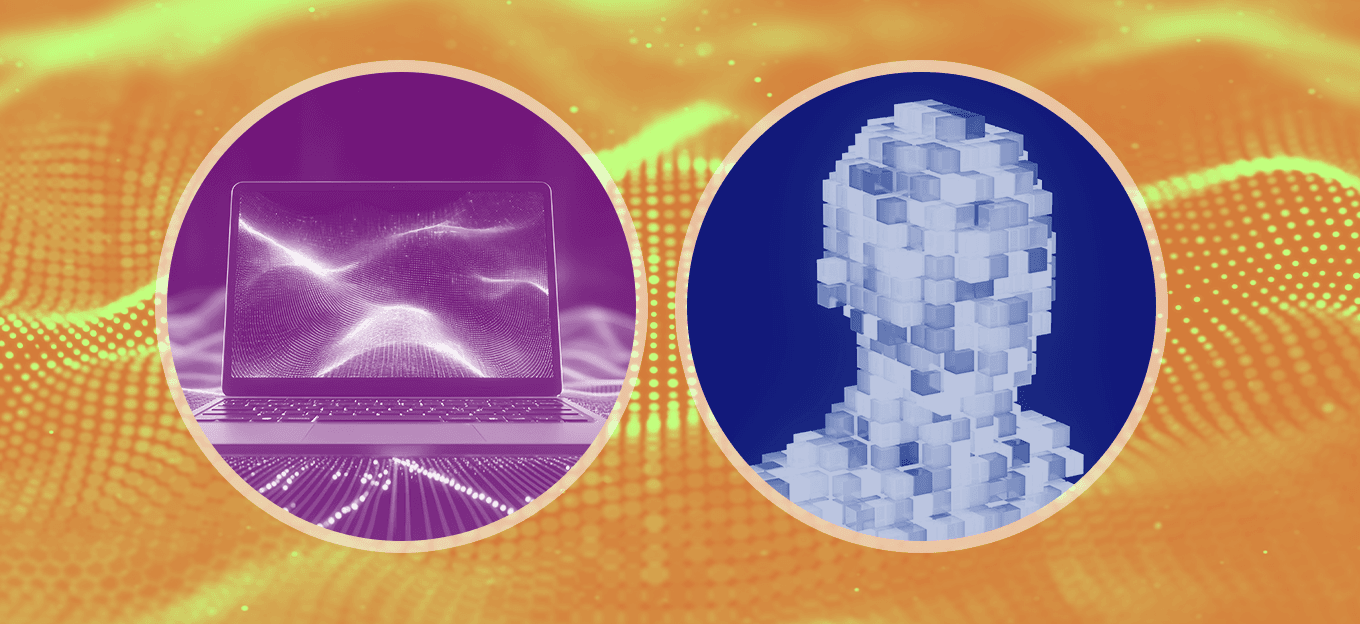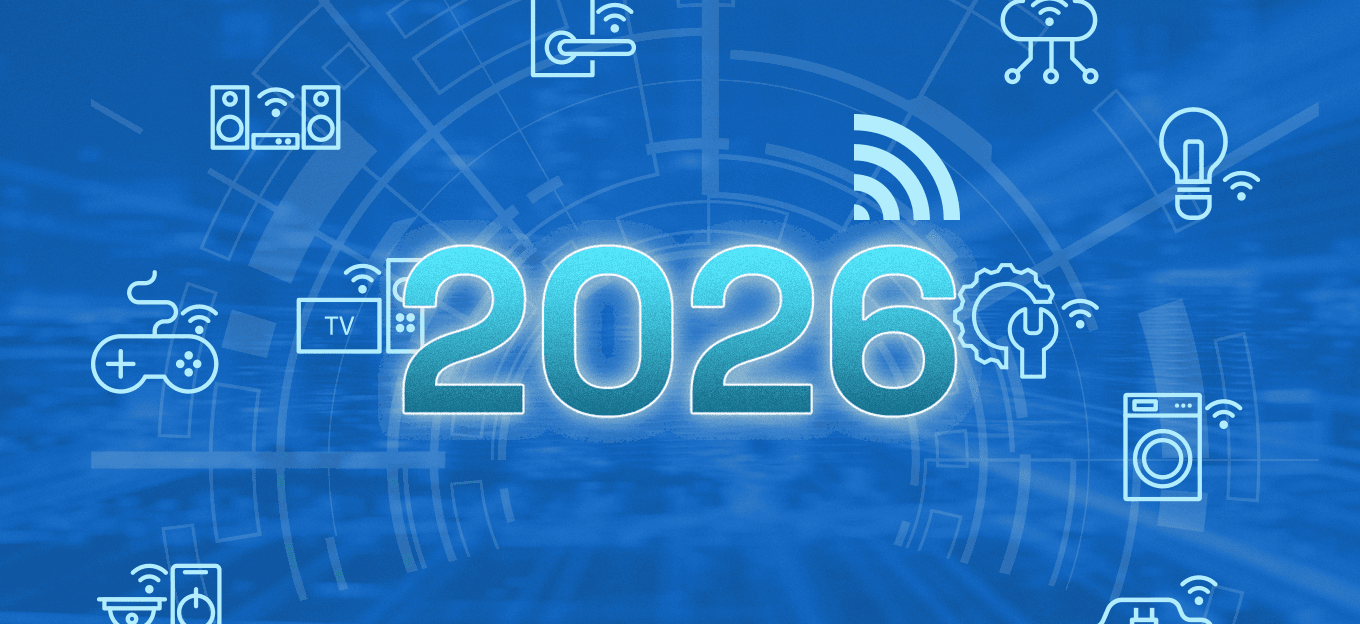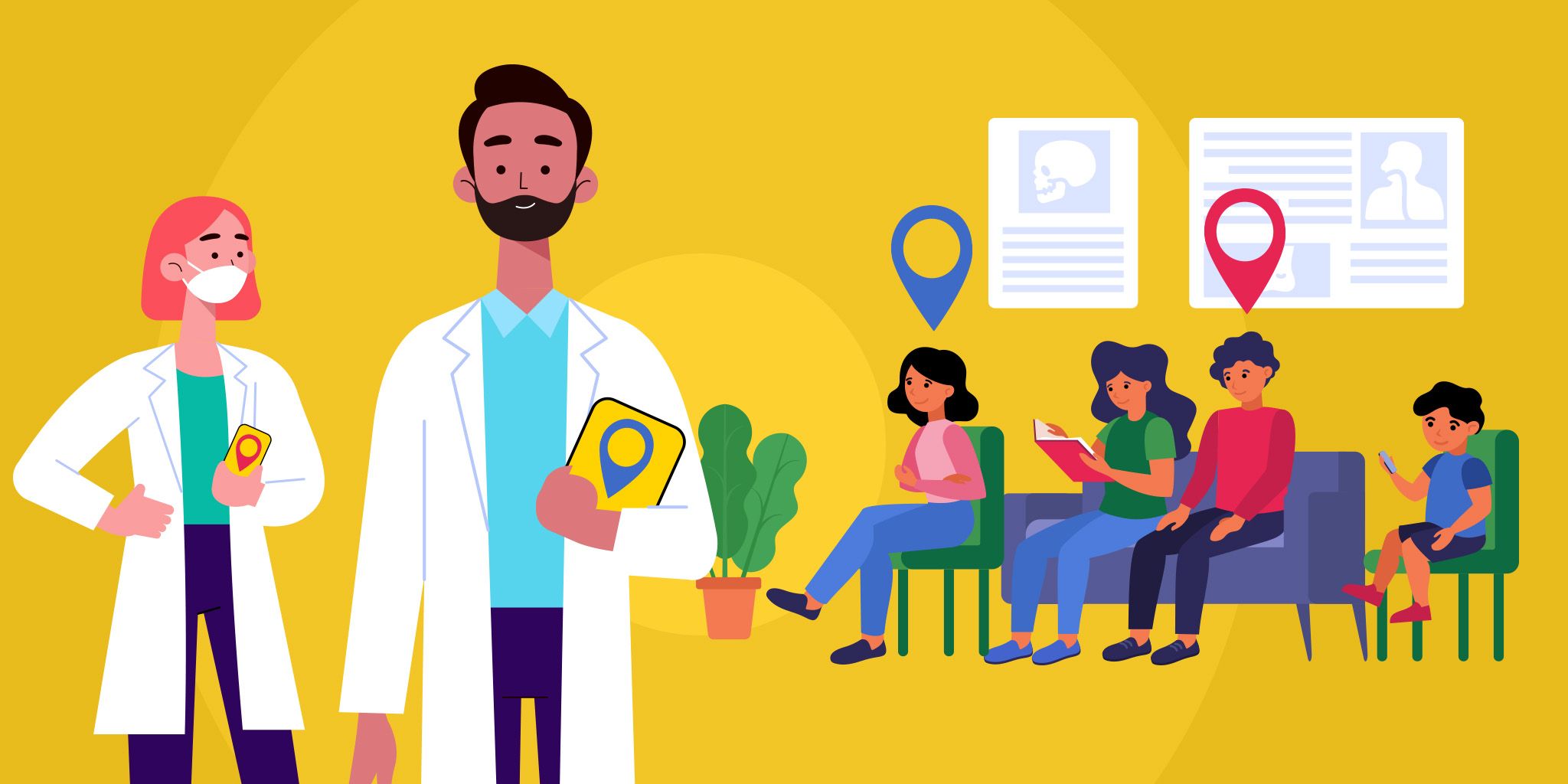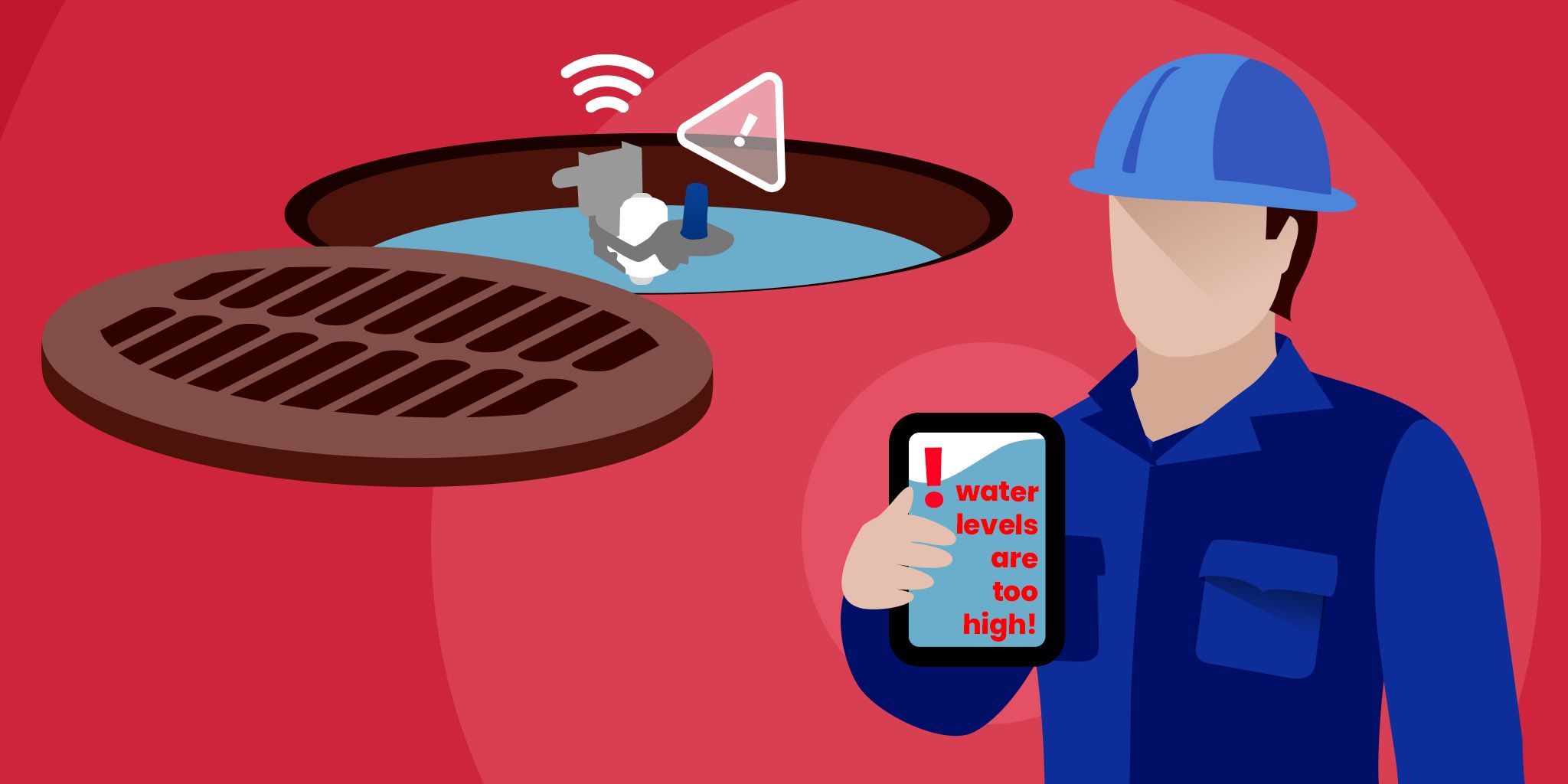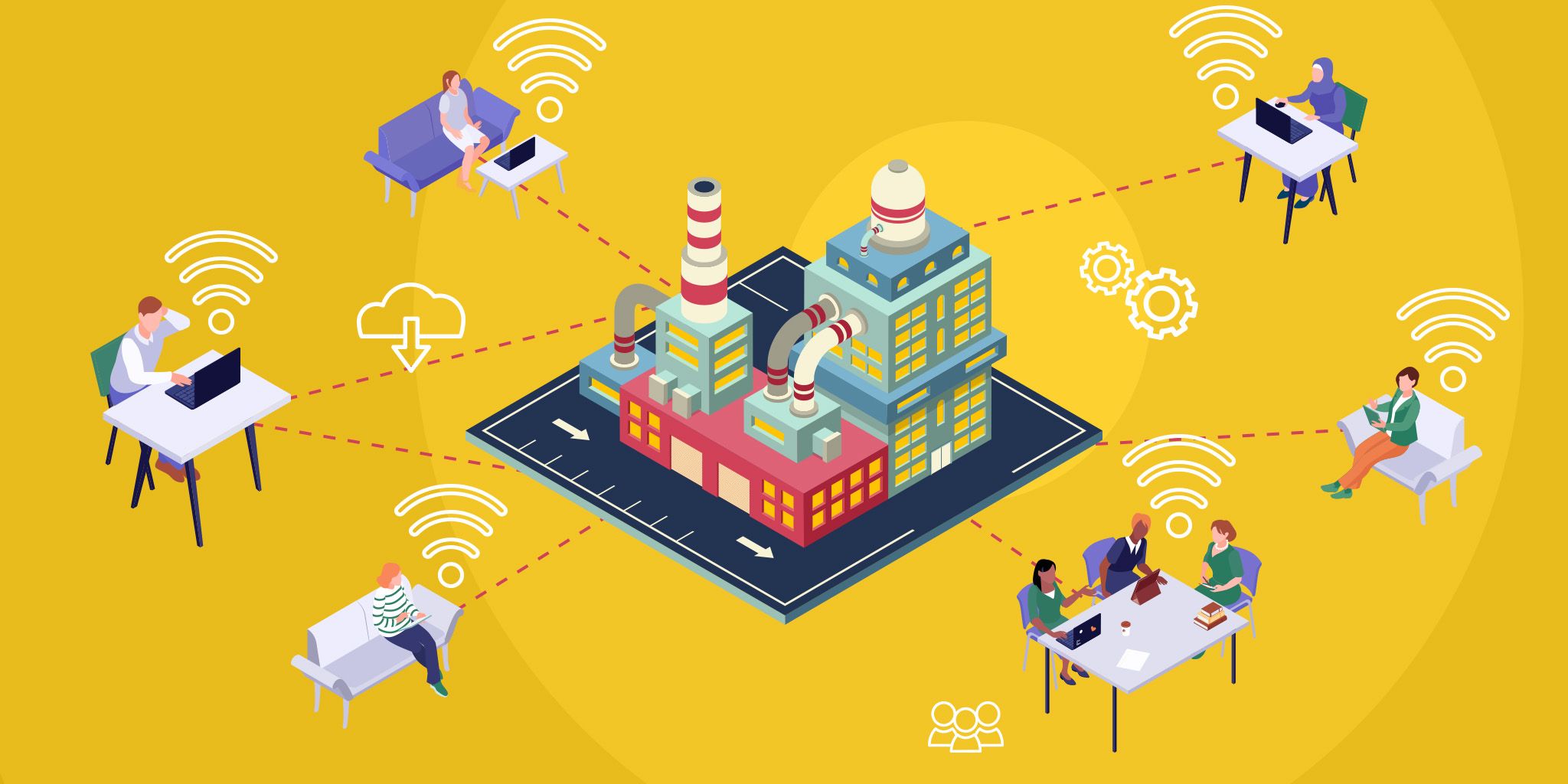5 SEO Strategies for an IoT-Driven Future
5 SEO Strategies for an IoT-Driven Future
- Last Updated: December 2, 2024
Guest Writer
- Last Updated: December 2, 2024



IoT devices are on the rise. Currently, the global number of IoT devices is around 7 billion excluding smartphones and tablets. Due to the increasing availability of wireless connections and decreasing hardware cost, the IoT adaptation rate is only going to increase.
So, how will the rise of IoT affect how we do search engine optimization (SEO)?
IoT will bring significant changes to online marketing and SEO. Still, SEO professionals don’t need to focus on the large-scale applications of IoT like smart cities and industrial devices.
IoT Will Change How People Search
Wearable devices, smart watches, voice assistants, intelligent cars and connected homes will make many of our current SEO best practices less effective at best and obsolete at worst.
It’s hard to predict exactly how the SEO and online marketing industry will change as IoT devices become more widespread, but we can identify some general trends regarding how people use these devices and how that impacts their search habits.
Below are five SEO strategies that you should consider in order to prepare for an IoT driven future.
1. Prioritize Voice Search
By 2020, about 50 percent of all searches will be voice-based. At present, smart home devices like Alexa and Google Home take voice commands from the users and answer their queries directly. There’s no doubt that the search engines powering these devices will focus more on content optimized for voice-based output.
Keywords are important, but conversational queries are on the rise. SEO professionals should focus on possible conversational queries and optimize their site content accordingly.
Actionable Tips:
- Analyze your content. Figure out what types of conversational queries should point a user to your website. Optimize your on-site content accordingly.
- Concise, straight-to-the-point question-answer pairs will help you rank well for voice search. Put these pairs in appropriate places within your main content.
2. Evolve with the SERP
Google SERP or search engine result page has changed a lot over the years. With sections like Featured Snippet, Knowledge Graph, and People Also Ask, visitors often don’t need to visit the actual pages of a website. SERP may transform even more to be compatible with IoT devices.
When using a voice or gesture-based IoT device, you have no way to check the whole search engine result page. The same will be true for other small screen or screenless IoT devices. Therefore, any SEO strategy that focuses exclusively on SERP is going to be less effective in the future.
Actionable tips:
- In the near future, users may not need to visit websites in many cases. Search engines will directly extract necessary information and provide it to users through IoT UIs. SEO experts need to figure out how to optimize sites to be featured by search engines in a way that's similar to optimizing your website for Google Featured Snippets.
3. Watch IoT-Based Search Media Closely
Until now, most SEO attempts have focused on Google, but IoT is going to terraform the landscape in unpredictable ways. How will people search for products while wearing smart glasses? How will a smart refrigerator find a new ice-cream brand and suggest that to you?
Chances are that Google will still power most of these searches, but an Apple self-driving car might not choose a restaurant with high Google reviews when you ask where to have your lunch from. You get the point.
Actionable tips:
- It’s okay to focus on Google for now, but you should keep a close eye on how things are evolving. It’s essential to keep track of how your target customer group is reacting to new IoT technologies.
4. Focus More on Personalization
People, particularly millennials and later generations, expect a more personalized approach from online businesses. This trend is going to increase even further with the spread of IoT. IoT devices will have more data about an individual and their search history. From smart refrigerators in homes to the smart vehicles people will drive, there will be a lot of data sources per person. The potential for customization is going to be practically endless.
New tools and platforms will come out to collect and classify user data from IoT devices. SEO professionals should learn how to analyze and use these data points more effectively. Web content and online ads can be customized to a deeper extent using the troves of new IoT data.
Actionable tips:
- Embrace data. While tools can give you a lot of insight, you will want to take your analytic skills one step further to get the most out of the data you have. Run A/B tests to find which content, design style, pop-up methods, and sales copy works best to convert and captivate your audience. Data from IoT systems is going to be instrumental in converting your visitors in the future.
5. Synthesize Online and Offline Data
SEO until now has exclusively focused on data from online sources (e.g., Google Trends and keyword planners), but IoT devices will give you the opportunity to tap into the real-world offline data of your target audience. Data from smart devices can be a better signal of user intent than traditional data we collect from the web.
Predictive business models are on the rise, and SEO professionals must embrace this trend to predict the online behavior of visitors. IoT devices will be instrumental in bringing offline, real-life data to the world of online marketing.
Actionable tips
- Keep an eye on the adaptation rate of IoT devices among your consumers. Although IoT devices like smart home appliances still have a relatively low user base, their popularity is going to increase in the near future.
- Set realistic goals to keep up with the increasing popularity of IoT devices in your online marketing plan. Don’t leap too far ahead just yet. The rate of successful adoptions of these new technologies is generally unpredictable and uneven. On the other hand, don’t ignore the power of IoT devices either or you will be left behind in the SEO game.
The Future of Search
IoT may not have taken the world by storm just yet, as some experts had predicted, but there’s no doubt IoT systems will gain popularity and could have a widespread, multipronged impact on digital marketing and search in the near future. As an SEO expert, the best thing you can do right now is to focus on voice search, optimize for Google’s Featured Snippets, improve your team's data analysis skills, and keep updated with the latest shifts in IoT.
Written by Amio Galib Chowdhury, Content Writer at WebAlive.
The Most Comprehensive IoT Newsletter for Enterprises
Showcasing the highest-quality content, resources, news, and insights from the world of the Internet of Things. Subscribe to remain informed and up-to-date.
New Podcast Episode

How Smart Labels Transform the Supply Chain
Related Articles

